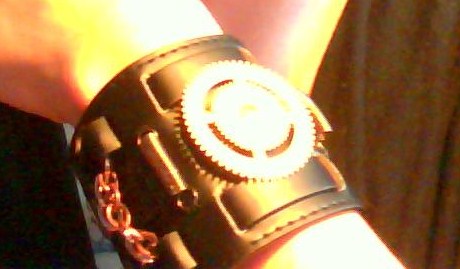Monsters look like good guys.
That is the cause of the wretched confusion in an exploited child. A figure they’ve been told they can trust is the person hurting them. How do you reconcile that?
The child blames himself and endures.
That monsters look like calm good guys is part of what Hannah Arendt, referring to Adolf Eichmann, called "the banality of evil" – just following orders, just doing my job. (Eichmann in Jerusalem: A Report on the Banality of Evil)
Another part of that banality is the larger society in which the evil happens. What do we accept? What do we deny?
A great question for the twentieth century is about Nazi Germany. How could such an advanced culture a Germany’s give rise to such depravity? The same question can apply to Canada when examining the abuse of mental patients at the Allan or the Duplessis Orphans, the alienating horror of the residential schools, or the brittle denial of problems at Mount Cashel–to name a few.
Part of the answer lies in absences.
I think of evil as not existing in itself, but as the result of the absence of compassion. Just as darkness is not a thing itself but the absence of light.
If you have no compassion for another person, no doorway to empathy, then the other person has become less than human to you. Monsters live this way, cause harm. Then go home to their families and raise happy kids.
But if I refuse compassion for a monster, either an abstract one or one who has hurt me, am I monstrous?
Can a society heal and advance without deeper empathy, without some dim understanding of the monstrous as part of the human condition?


No comments:
Post a Comment